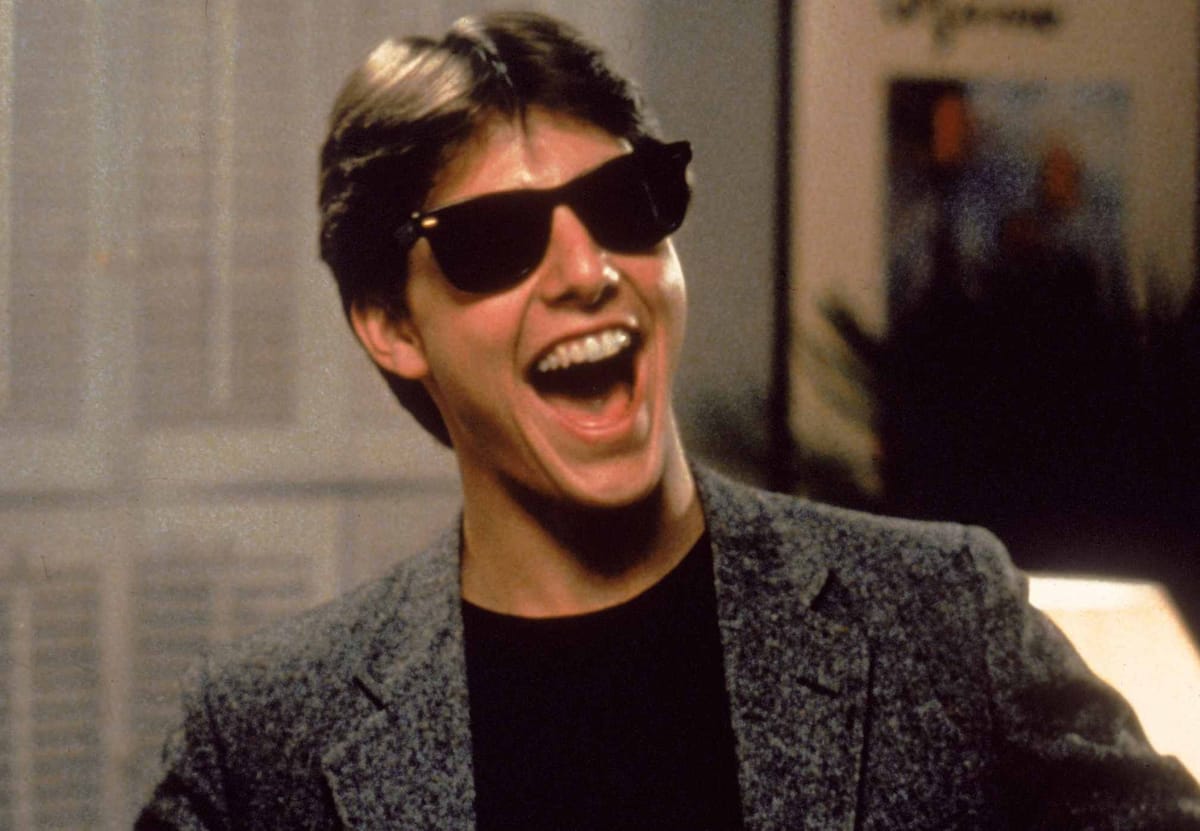(De)Risky Business

A few years ago I went to an event featuring a talk by William Reeve. He’s co-founded no less than four hugely successful startups, including LoveFilm, Secret Escapes, and Goodlord.
As you may have guessed, this event was about startups: growth; scale; product-market fit. All that juicy stuff.
A good chunk of his talk focused on risk.
Because entrepreneurs love risk, of course. They’re the tightrope walkers. The swashbucklers. They move fast and break things. We marvel at their audacity, chutzpah, and sharp elbows - even when they get a little too sharp.
However, this serial entrepreneur was here to share a different view.
He believed the job of the entrepreneur was to de-risk.
De-risking wasn’t a task. Nor a project. De-risking was *the job*.
I remember his message felt discordant, yet also faintly… well, correct.
Inevitably, I didn’t take it on board. The heady concoction of ‘rockstar founders’ (urgh) and shiny objects led me astray more than once.
Today though, I’m very much down with de-risking.
And here’s the thing - de-risking isn’t boring. It doesn’t need to be a plethora of pivot tables and research studies (although it can be).
Along the way I’ve figured out a bunch of ways to starch out risk, validate assumptions, test hypotheses - while also making stuff. Building prototypes, producing ideas, sharing, riffing, shipping.
There are gamified surveys; FigJam prototypes; mix & match whiteboards; dinner for two; and dozens more.
This is great news for the restless, the creative, the curious.
Small Bets are the new All-In. Low risk is high value.
It seems that team members, investors, and customers like it, too.
Here’s to some (de)Risky Business.